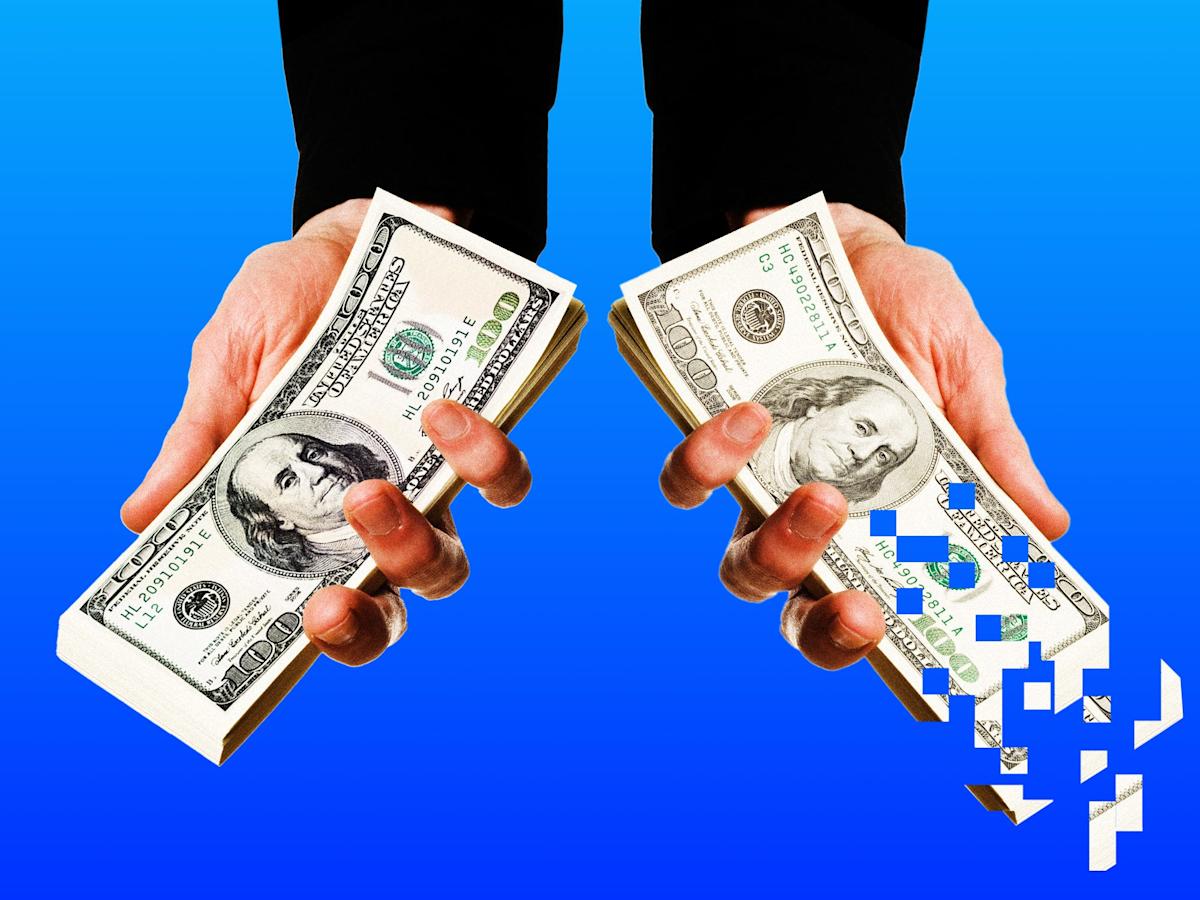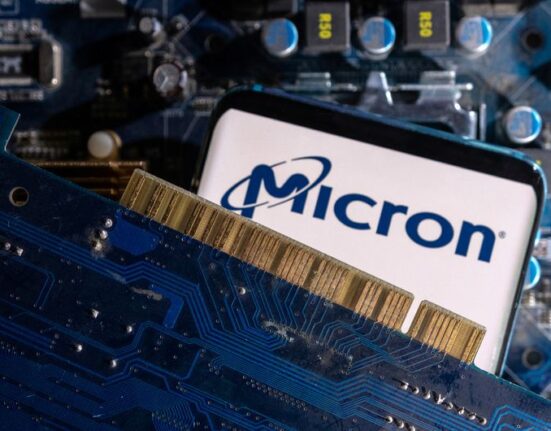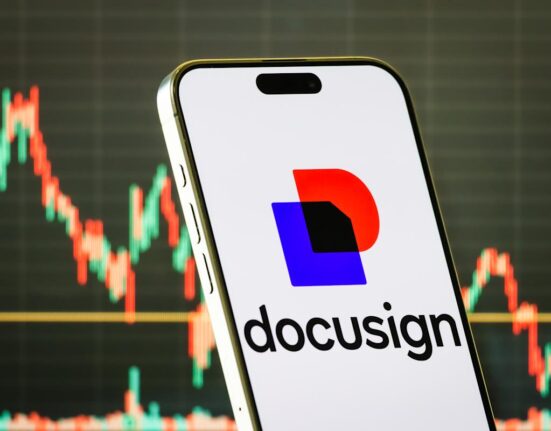Abbianca Nassar’s side hustle as a freelance ghost writer and brand strategist hasn’t gotten particularly better or worse because of AI, but the buzzy tech has made it more complicated. Some of her clients are all in on it, going so far as to build their own ChatGPT tools for her to use. Others are so paranoid that someone might think they’ve used AI that they make her edit her work so that it’s extra clear that it’s human. Nassar is a fan of the em dash — unfortunately, so is ChatGPT, so clients haggle with her over it. “They’re like, ‘Can you get rid of that? Can you just not use it?’ I’m like, ‘Mate, I’ve always used this,'” Nassar, who lives in London, says.
Nassar is a journalist by trade, but turned her occasional freelance gigs into her main gig after being laid off last year. She’s ambivalent about AI. She’s hopeful a human touch will always be needed for the type of work she does; she’s gotten good at writing prompts; and regardless, she doesn’t feel like she has a choice. “My biggest fear is not adapting and then being left behind,” she says.
She’s not alone. Unlike bigger companies, freelancers and small businesses can’t really afford to make big, potentially money-losing bets on AI, but they can’t bury their heads in the sand, either. They have to go where the wind blows, which these days means moving into a tech-forward, decidedly messy direction.
Talking to freelancers, entrepreneurs, and academics for this story, the general feeling I got was they think that while AI lowers the barrier to entry for small operators and can help them move faster and boost productivity, AI also drives down wages and stifles creativity and originality. Boasting about AI capabilities can be a powerful marketing tool, but contractors also feel pressured to do more for clients while getting the same pay. The end result: It’s easier to get a foot in the door and harder to stand out.
The freelance economy is big. Bankrate estimates that one in four Americans has a side hustle. A report from Upwork, a freelance marketplace, found that skilled knowledge freelance workers made $1.5 trillion in 2024. Cody Luongo, a media consultant based in Charleston, South Carolina, recently joined the ranks of those freelance professionals after losing his job. AI is his “constant companion,” he says, whether drafting a press release or refining a pitch. He thinks it helps him close the experience gap with more established professionals and navigate scenarios he’s never encountered. “AI accelerates my work enough that I can do exponentially more for my clients with their allotted budgets,” he says.
Abbianca Nassar’s side hustle as a freelance ghost writer and brand strategist hasn’t gotten particularly better or worse because of AI, but the buzzy tech has made it more complicated. Some of her clients are all in on it, going so far as to build their own ChatGPT tools for her to use. Others are so paranoid that someone might think they’ve used AI that they make her edit her work so that it’s extra clear that it’s human. Nassar is a fan of the em dash — unfortunately, so is ChatGPT, so clients haggle with her over it. “They’re like, ‘Can you get rid of that? Can you just not use it?’ I’m like, ‘Mate, I’ve always used this,'” Nassar, who lives in London, says.
Nassar is a journalist by trade, but turned her occasional freelance gigs into her main gig after being laid off last year. She’s ambivalent about AI. She’s hopeful a human touch will always be needed for the type of work she does; she’s gotten good at writing prompts; and regardless, she doesn’t feel like she has a choice. “My biggest fear is not adapting and then being left behind,” she says.
She’s not alone. Unlike bigger companies, freelancers and small businesses can’t really afford to make big, potentially money-losing bets on AI, but they can’t bury their heads in the sand, either. They have to go where the wind blows, which these days means moving into a tech-forward, decidedly messy direction.
Talking to freelancers, entrepreneurs, and academics for this story, the general feeling I got was they think that while AI lowers the barrier to entry for small operators and can help them move faster and boost productivity, AI also drives down wages and stifles creativity and originality. Boasting about AI capabilities can be a powerful marketing tool, but contractors also feel pressured to do more for clients while getting the same pay. The end result: It’s easier to get a foot in the door and harder to stand out.
The freelance economy is big. Bankrate estimates that one in four Americans has a side hustle. A report from Upwork, a freelance marketplace, found that skilled knowledge freelance workers made $1.5 trillion in 2024. Cody Luongo, a media consultant based in Charleston, South Carolina, recently joined the ranks of those freelance professionals after losing his job. AI is his “constant companion,” he says, whether drafting a press release or refining a pitch. He thinks it helps him close the experience gap with more established professionals and navigate scenarios he’s never encountered. “AI accelerates my work enough that I can do exponentially more for my clients with their allotted budgets,” he says.












Leave feedback about this